World gold prices have risen sharply following the political turning point in Syria. What will the sudden collapse of Bashar al-Assad's regime mean for the Middle East? Will gold prices reach a new peak?
Turning point in Syria, new momentum for gold
The Middle East could see a dramatic change after the fall of Bashar al-Assad’s regime in the first weekend of December 2024. Russia cannot maintain its influence in Syria. Iran’s political and military “axis of resistance” is facing a greater challenge than ever.
The collapse of former Syrian President Bashar al-Assad's regime could change the situation in the Middle East, especially among countries in the region such as Israel, Iran, Iraq, Qatar, Türkiye, and Lebanon. This is also a factor that strongly affects gold prices.
After about two weeks of stagnation and lack of support, the price of gold on the international market on the night of December 9 (Vietnam time) skyrocketed, from about 2,635 USD/ounce to 2,675 USD/ounce at times.
Previously, after nearly a year of sharp increases, from the end of 2023 to the end of October 2024, the gold price had sharply decreased, from the historical peak of 2,789 USD/ounce recorded on October 30 to the lowest level of 2,540 USD/ounce in mid-November, to a fairly stable level of 2,630-2,650 USD/ounce.
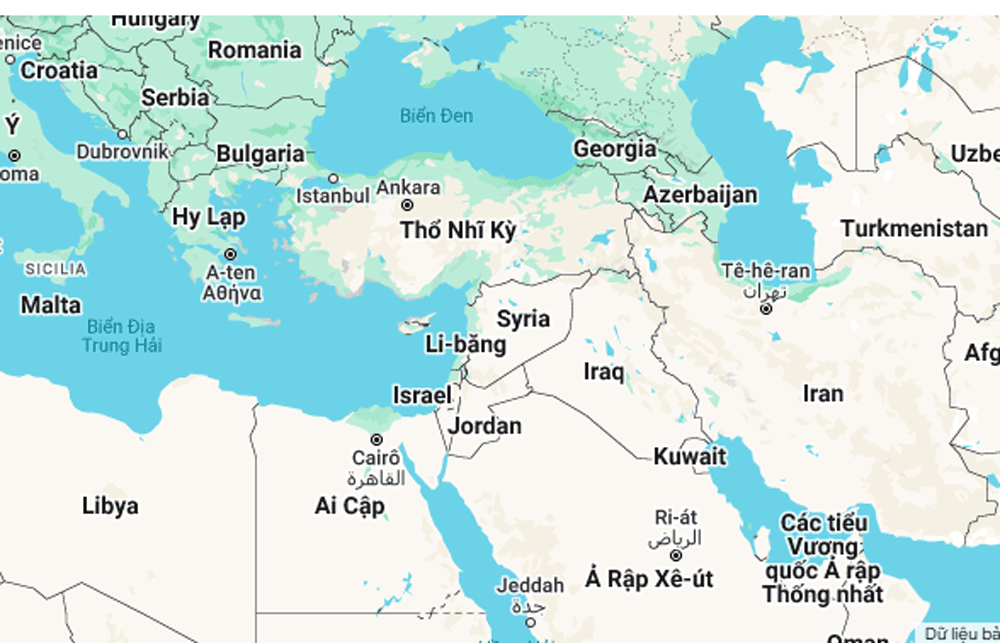
A 35% increase in the first 10 months of the year has caused expectations of price increases for precious metals to drop rapidly.
In addition, there are many factors against gold such as the rising USD and it is forecast to remain strong under Donald Trump and the declarations of ending wars and conflicts by the US president-elect.
Many recent forecasts suggest that gold is still on an upward trend as the world enters a cycle of interest rate cuts and inflation may return, but it will not increase sharply in 2025. The increase may only be a few percent, and it is unlikely to reach $3,000/ounce as some previous forecasts.
However, the surge of 40-50 USD in the session of December 9 on the New York market made many people wonder if there is a new wave of gold price increase?
What will happen to the Middle East, will gold set a new record or fall rapidly?
If the situation in Ukraine has glimmers of peace when Russia said it is ready to negotiate to end the war, the Middle East has become unpredictable after the collapse of the Bashar al-Assad regime in Syria.
The issue that investors are concerned about is the upcoming situation in Syria, which group will lead this country and how will the situation in the Middle East change?
Throughout the 13-year civil war, many armed groups have shared the goal of overthrowing Mr Assad. And in the weekend’s twist, many rebel forces have joined in, including, according to Sky News , the jihadist group Hayat Tahrir al Sham (HTS) and the Syrian National Army (SNA).
As for Israel, after the turning point in Syria, Prime Minister Benjamin Netanyahu for the first time in 50 years gave Israeli forces control of the buffer zone separating the Israeli-controlled Golan Heights (before 1967 part of Syria) from the rest of Syria.
So which group is in power in Syria and what policies it has towards other countries in the Middle East will determine the situation in the region. The uncertainty is very high.
However, looking at the overall picture, if Iran's "Axis of Resistance" breaks down, the possibility of tensions between Israel and Iran could cool down.
A fairly positive signal is that many countries such as Russia, Iran, and Türkiye have a constructive approach after the rebel group overthrew Mr. Assad.
So, it is very possible that the shocking events in Syria over the weekend were a positive turning point in the Middle East. The surge in gold prices may have been temporary and is now stalling at $2,670.
However, the gold market has just witnessed the return of Chinese gold purchases, adding 5 tons, in November after a 6-month pause. Many experts believe that Beijing's return to buying gold is only a matter of time.
In the most recent meeting, the BRICS countries did not give any further signals about creating a common currency to reduce dependence on the USD, but many experts believe that the group already has a common currency in trade, which is gold. And the BRICS countries will continue to increase their holdings and use of gold.
Thus, in 2025, gold may still be supported by the trend of falling interest rates and demand from large players in the market, while it may no longer be supported much by increasing geopolitical tensions in Ukraine and the Middle East.
In the Middle East, tensions may not escalate under Trump, but the Middle East in general and Syria in particular are a very complicated story. Conflicts related to religion, land, geopolitical position and too many competing interests... cannot end soon. Syria is not a major oil exporter, but it is the center of many energy exchanges.
Gold is still forecast to increase in 2025 but at a slower pace.
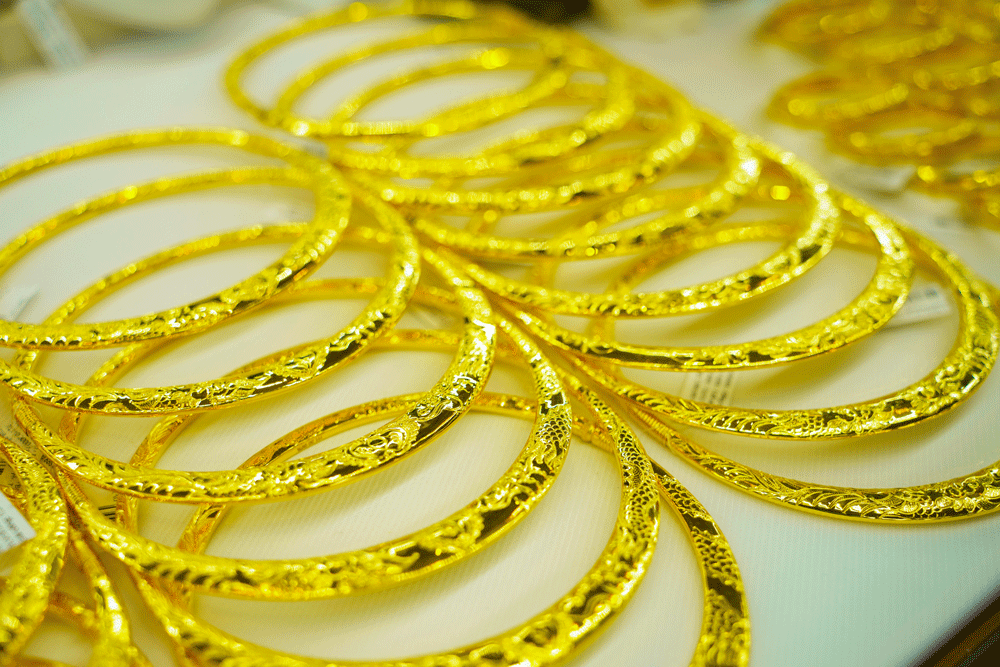
Source: https://vietnamnet.vn/gold-price-increases-after-the-outbreak-in-syria-se-len-dinh-moi-hay-chim-nhanh-2350471.html



![[Photo] Ministry of Defense sees off relief forces to the airport to Myanmar for mission](https://vstatic.vietnam.vn/vietnam/resource/IMAGE/2025/3/30/245629fab9d644fd909ecd67f1749123)






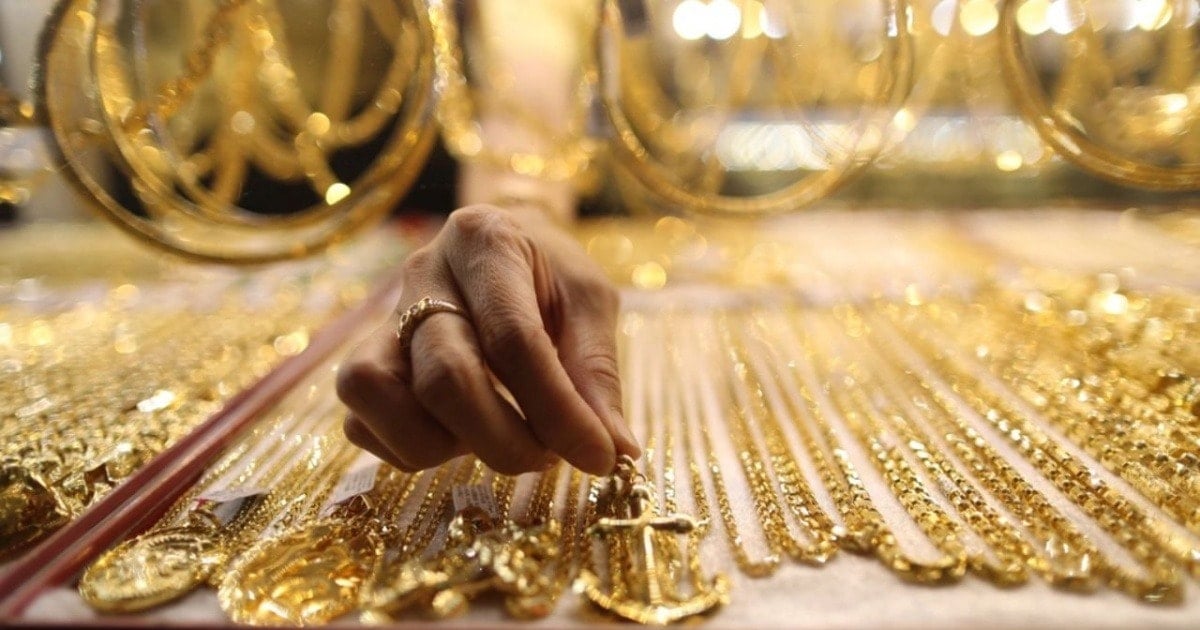

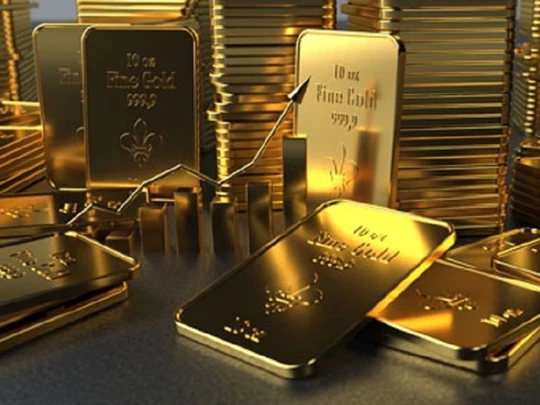

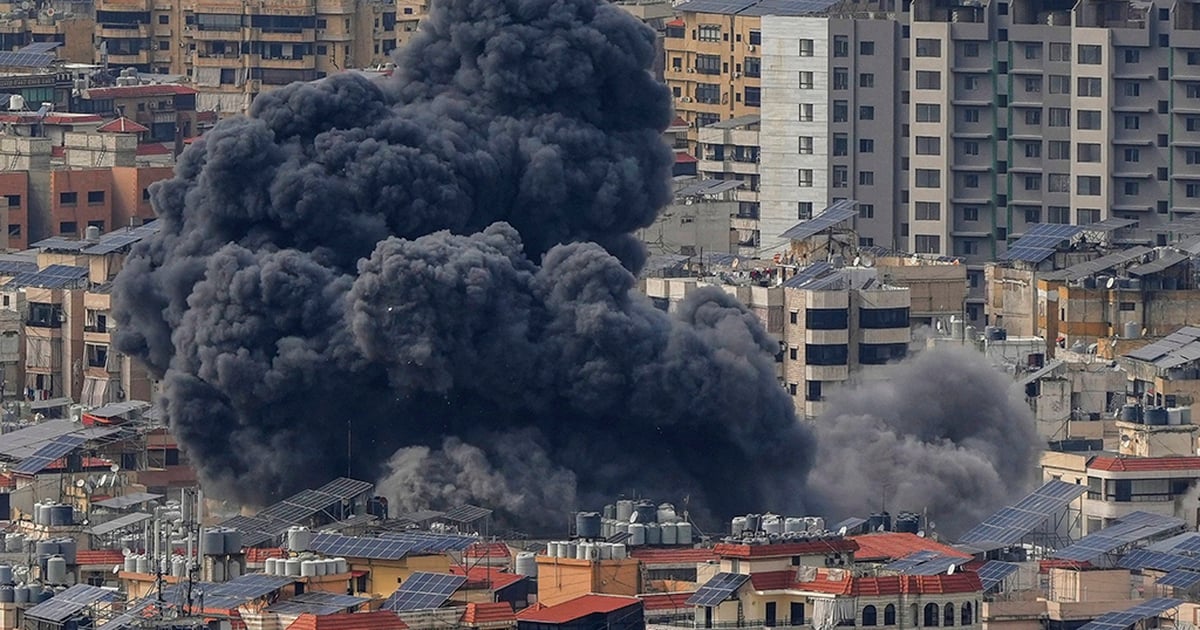

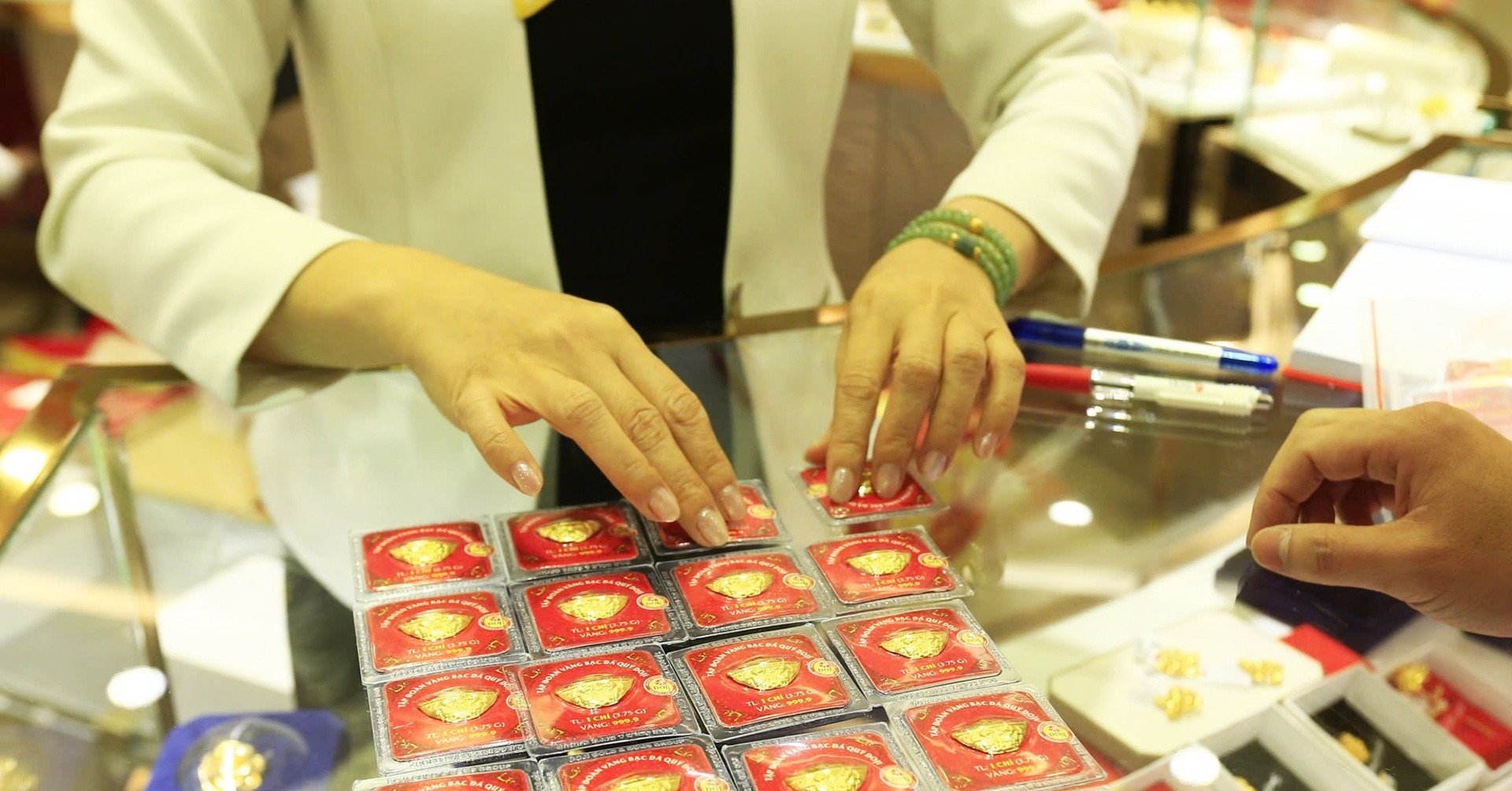
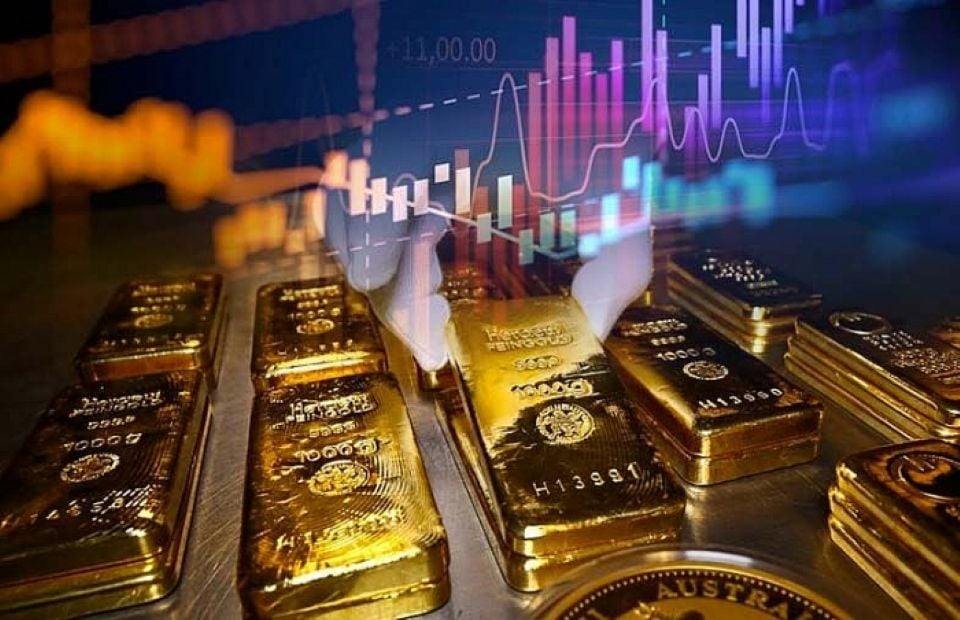
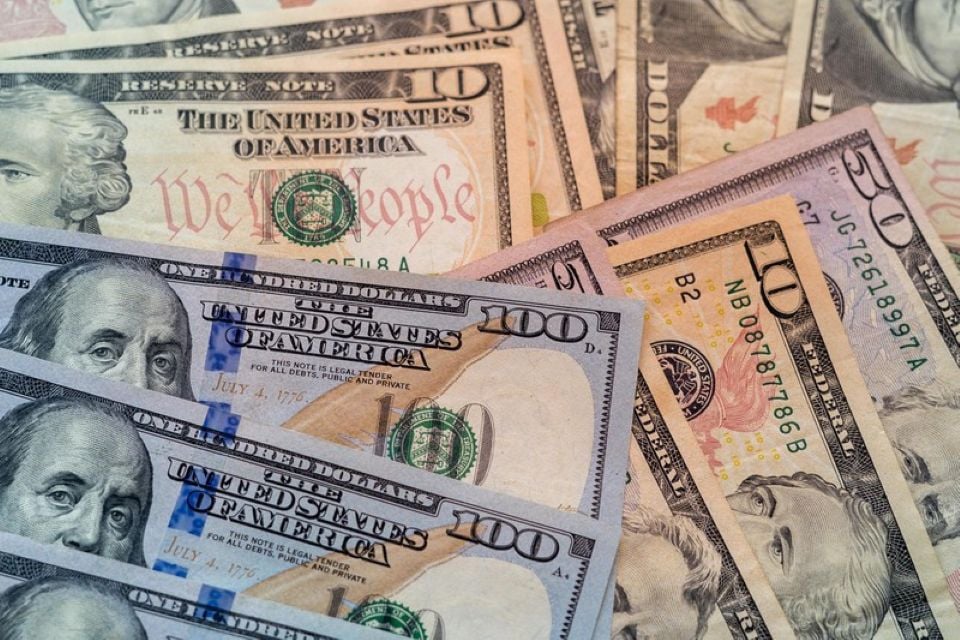


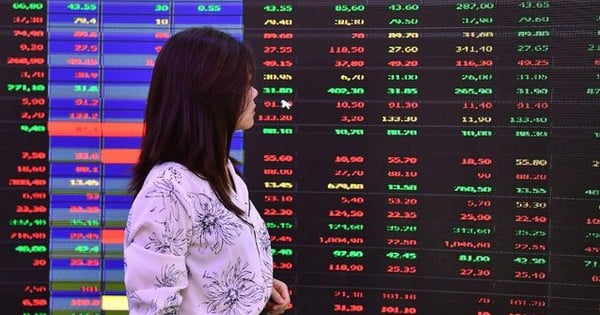




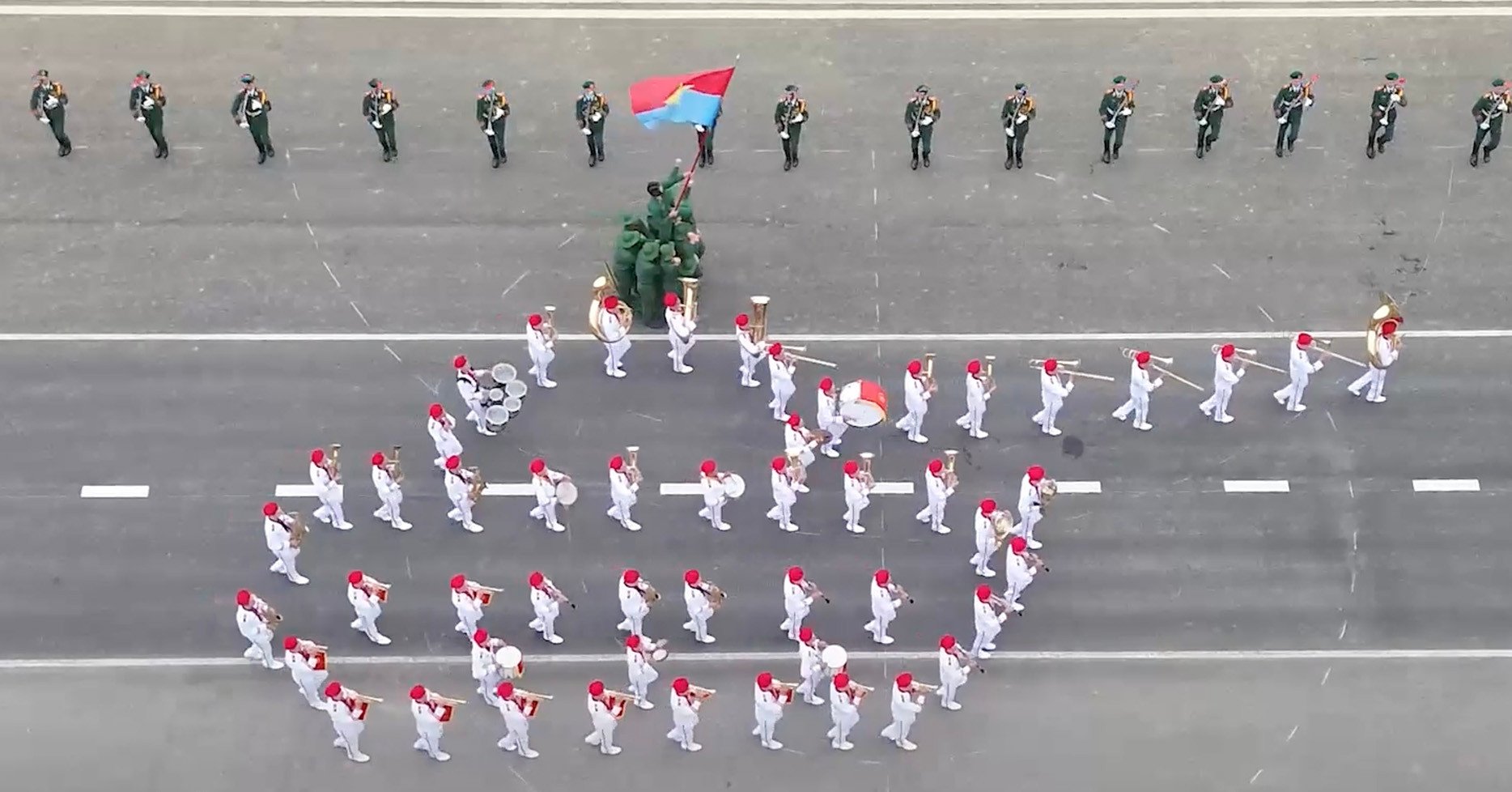




![[Photo] Prime Minister Pham Minh Chinh chairs meeting to remove difficulties for projects](https://vstatic.vietnam.vn/vietnam/resource/IMAGE/2025/3/30/7d354a396d4e4699adc2ccc0d44fbd4f)
































































![[REVIEW OCOP] An Lanh Huong Vet Yen Cat](https://vstatic.vietnam.vn/vietnam/resource/IMAGE/2025/3/27/c25032328e9a47be9991d5be7c0cad8c)



Comment (0)